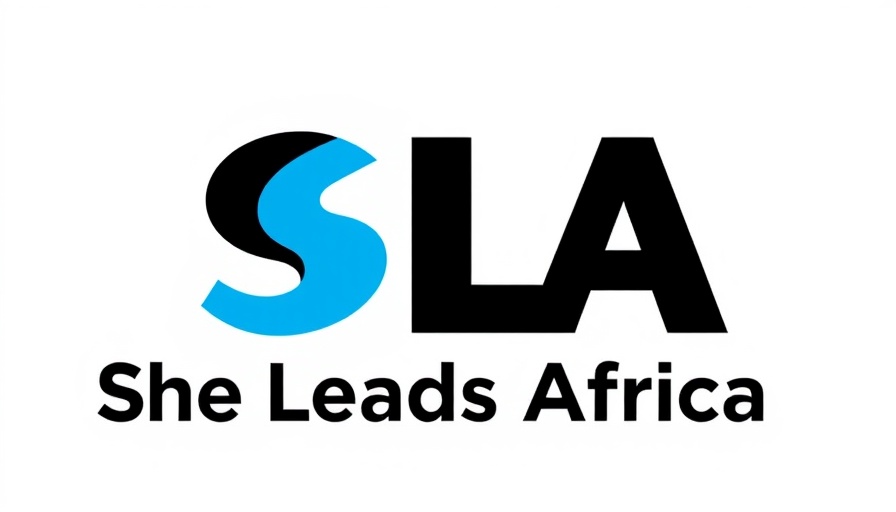
2025: A Transformative Year for African Women in Business
As we dive deeper into 2025, the career expectations for women entrepreneurs in Africa are evolving faster than ever. Factors such as emerging technologies, innovative leadership styles, and shifts in work dynamics present fresh opportunities. However, to truly benefit from these shifts, it is paramount that women stay informed and adaptable.
Navigating the New Frontier of Remote Work
One of the most notable trends is the advancement of remote work, now evolving into a concept known as “borderless work.” This transformation, particularly favorable for African women, allows them to access global job markets without the necessity of relocating. With companies increasingly seeking local talent across tech, marketing, and creative sectors, the opportunities are vast.
To prepare, women should focus on building an impressive online brand on platforms like LinkedIn and improve their skills in digital collaboration tools. Understanding remote work regulations is essential as well, ensuring that they are equipped to navigate this new landscape.
Entrepreneurship: The New Standard
Facing high youth unemployment rates, many women are taking the initiative to create their own opportunities through freelancing and entrepreneurship. This movement highlights that 9-5 jobs are not the sole career path available. Emphasizing the importance of soft skills such as sales and negotiation becomes vital for both freelancers and traditional professionals.
Women are advised to engage in various platforms to market their skills and communicate their value effectively, while also connecting with supportive communities that foster collaboration.
AI and the Transformation of Job Roles
As AI continues to reshape our workplaces, the message is clear: AI won't replace you, but it will transform your role. Familiarizing oneself with AI tools is not just beneficial but necessary. Understanding how AI applies to various industries, from marketing to finance, will be imperative for women aiming to thrive.
Upskilling in areas relevant to AI—like data literacy and critical thinking—is crucial to remain competitive.
The Shift Toward Skills-Based Hiring
In 2025, it’s clear that skills are becoming more important than formal qualifications. Employers are increasingly seeking candidates who can showcase their skills and impact through portfolios. This shift toward micro-credentials and short courses emphasizes learning practical skills more than traditional degree paths.
Women are encouraged to invest in themselves by pursuing relevant certifications and consistently documenting their accomplishments, showcasing them effectively to prospective employers.
Purpose-Led Work: Where Impact Meets Income
The new generation of African women entrepreneurs is driven not merely by financial gain but by the desire to make a difference. Involvements in social entrepreneurship, climate action, and initiatives focused on diversity and inclusion are not just trends but are shaping the future of work in Africa.
As women navigate these emerging landscapes, prioritizing impact can lead to personal fulfillment and business success. By focusing on socially responsible ventures, African women can create deeper ties within their communities.
Seizing Your Future
As the career dynamics evolve in 2025, it is time for African women to seize new opportunities and prepare for the future. By adapting to these trends and focusing on continuous learning and community-building, they can truly step into their power. Embrace this exciting time!
If you’re an African woman looking to thrive in this transforming landscape, initiate your journey today by investing in your skills, expanding your network, and embracing the power of purpose-led work. Together, we can empower one another and break barriers.
 Add Row
Add Row  Add
Add 


Write A Comment